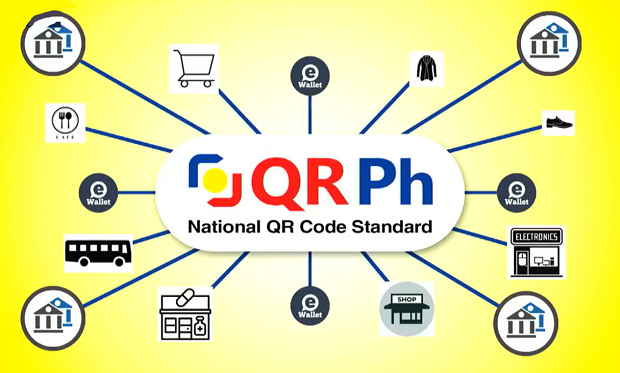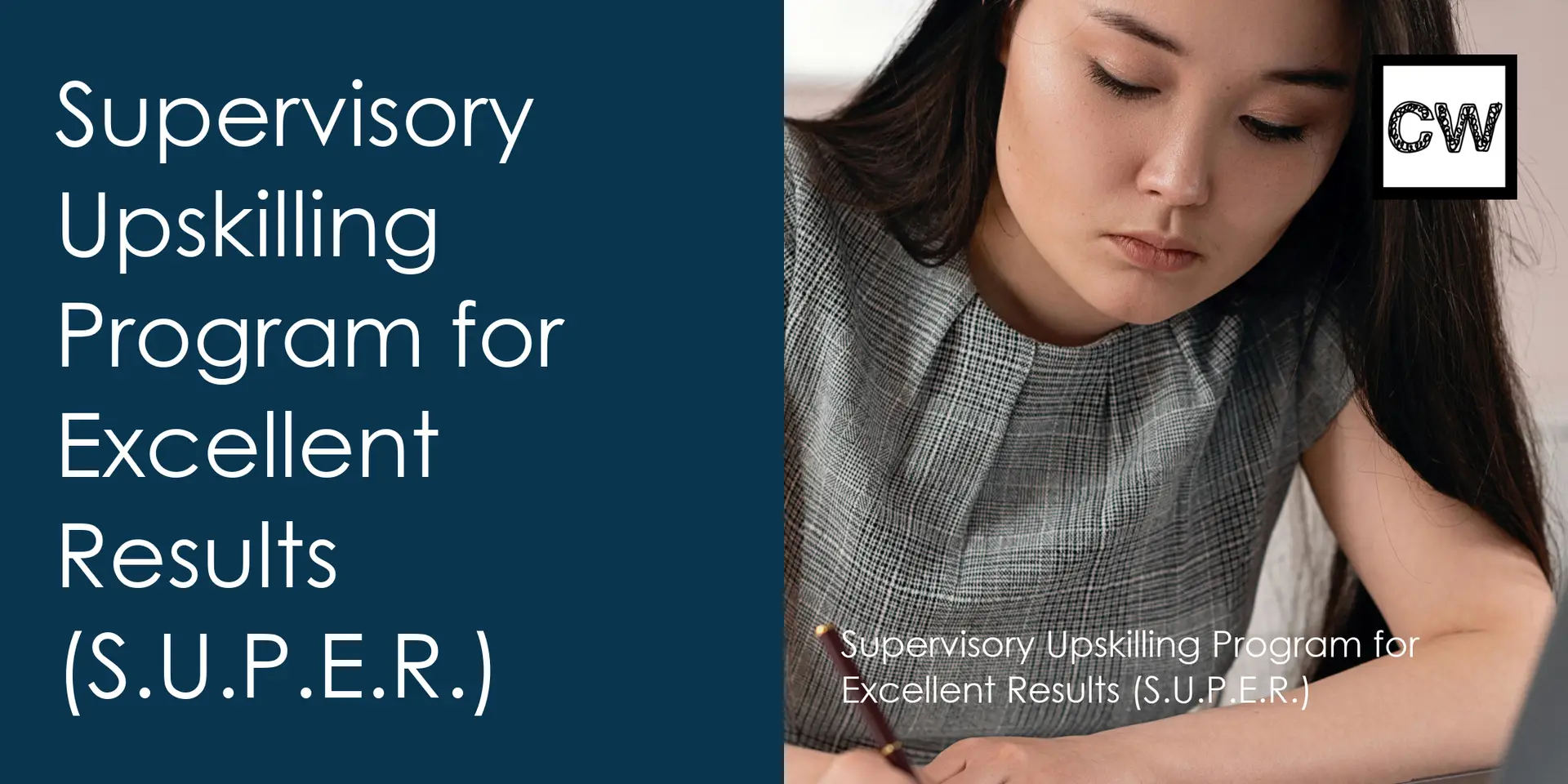
Supervisory Upskilling Program (S.U.P.E.R.)
Effective supervision is critical for organizational success in today’s rapidly evolving corporate landscape. Supervisors play a pivotal role in bridging the gap between management and employees, ensuring smooth operations, and fostering a productive work environment. The Supervisory Upskilling Program for Excellent Results (S.U.P.E.R.) Training Program is designed to equip new and experienced supervisors with the essential skills and knowledge required to lead and supervise teams effectively. This comprehensive program focuses on building a solid foundation in supervisory roles, enhancing communication and interpersonal skills, and mastering team management techniques.
The training explores the fundamental responsibilities of supervisors, emphasizing the transition from peer to leader, and highlighting the importance of credibility and trust. Participants will learn various leadership styles and core supervisory skills such as critical thinking, problem-solving, and emotional intelligence. Effective communication techniques, conflict resolution strategies, and methods for providing constructive feedback and coaching are also covered to ensure supervisors can navigate the complexities of interpersonal relationships within their teams.
Furthermore, the program delves into topics such as performance management, as well as time and stress management. Participants will gain insights into setting clear goals, monitoring performance, and addressing performance issues constructively. The course also emphasizes the importance of work-life balance and provides practical strategies for managing stress. Participants will leave the program with a well-rounded understanding of effective supervision in the modern corporate setting.
At the end of this course, participants should be able to:
- Explain what Common Challenges that Supervisors face
- Describe the Core Supervisory Skills needed by Supervisors
- Enumerate and identify the proper steps in effective Feedback and Coaching
- Explain the different ways how to correctly Motivate and Engage teams
- Demonstrate how to properly create SMART Goals
- Demonstrate how to use a Time Management Tool covered in class
- Demonstrate a Stress Management Technique in class
Course Outline
- Welcome and Introduction
- Objectives and Overview
- Reminders and House Rules
- Introduction to Supervisory Skills
- Role of a Supervisor
- Transition from Peer to Supervisor
- Common Challenges
- Leadership Styles
- Core Supervisory Skills
- Problem Solving and Decision Making
- Emotional Intelligence and Critical Thinking
- Role of a Supervisor
- Communication Skills
- Effective Communication Techniques
- Verbal and Non-verbal Communication
- Active Listening
- Feedback and Coaching
- Conflict Resolution
- Effective Communication Techniques
- Team Management
- Building and Leading Teams
- Team Formation and Development
- Fostering Collaboration and Inclusivity
- Motivating and Engaging Employees
- Intrinsic and Extrinsic Motivators
- Recognition and Reward Systems
- Performance Management
- SMART Goals and Performance Reviews
- Building and Leading Teams
- Time and Stress Management
- Effective Time Management
- Prioritization Techniques and Avoiding Procrastination
- Time Management Tools and Technologies
- Stress Management Techniques
- Mindfulness and Relaxation Practices
- Building Resilience and Coping Mechanisms
- Maintaining Work-Life Balance
- Effective Time Management
- Summary and Wrap-up
- Recap and Questions
- Key Take-Aways and Action Plan
Delivery Methodologies
- Plenary Discussions
- Lecture / Slide Presentation
- Group or Pair Activities
- Individual Work
- Activity Debriefs
- Peer Feedback
- Icebreakers / Energizers / Games
Course Duration
- 1 day – face to face
This course is recommended for:
- New Supervisors & First-Time Managers (individuals recently promoted to supervisory roles who need foundational skills and knowledge to manage teams effectively)
- Seasoned Supervisors (looking to refresh and update their skills)
- Team Leaders
- HR Professionals
- High-potential employees
- Entrepreneurs
- Small Business Owners
- Corporate Training Specialists







